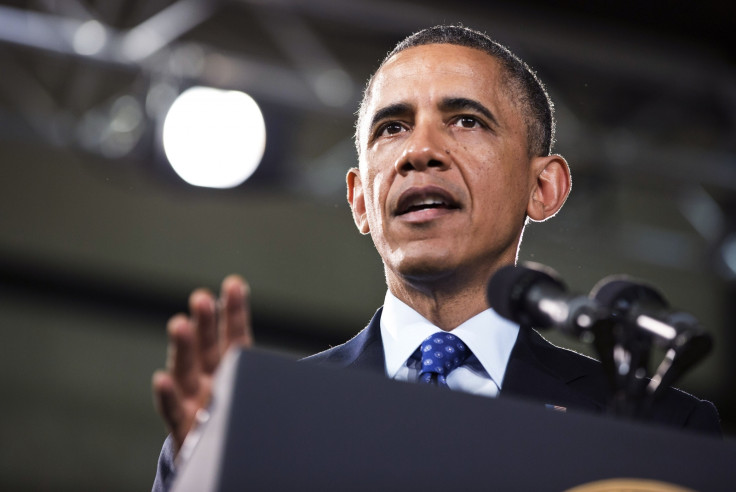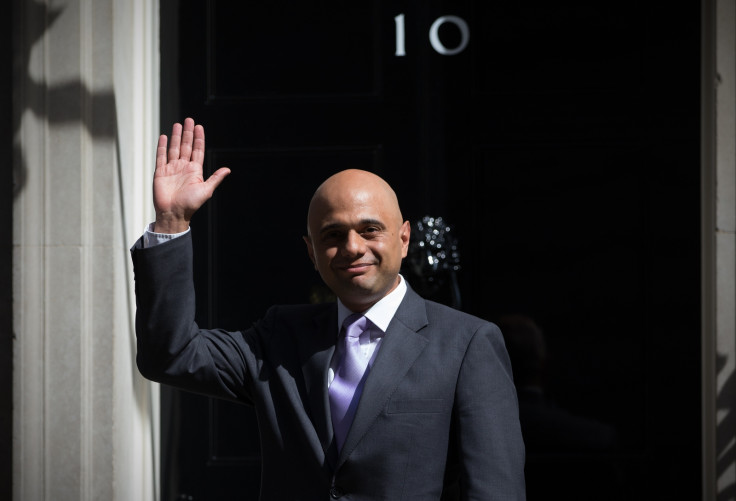Lord Bilimoria: Obama and clean energy - is the US the best example for Britain to follow?
President Obama launched his Clean Power Plan last week, striking a chord with those who feared the conversation on the climate was drifting off course. But is the US really the best example that Britain could follow in its pursuit of clean energy?
Obama's 1,560-page plan outlines a near-total overhaul of US energy infrastructure, shifting the focus on to clean, renewable sources and away from carbon-intensive fuels.

He has signalled his commitment to changing the course of the world's destiny, ahead of the much-anticipated COP-21 summit in Paris, where global leaders will attempt to negotiate down the environmental cost of our fossil fuel habit and keep the rise in global average temperature below 2C.
Industry will bear the greatest burden in the campaign to drive down coal's share of the US energy sector, which currently stands at 39%. Renewable energy sources, tipped for fast growth, currently produce 7%.
Only an industrial sector that is robust, dynamic and innovative will navigate the pitfalls and deliver renewable technologies to market effectively – fortunately the US exports and manufacturing sector both display some of the strongest growth currently seen in the Western hemisphere.
Yet the Eastern hemisphere is arguably the leading light in renewable energy, with Asia accounting for over half of all overseas shipments in solar cells and modules in the first half of 2014, and China leading the world in the development in photovoltaic technology.
In India, Prime Minister Narendra Modi is reconfiguring the nation to become a powerful and responsible innovator with his Make in India and Clean India strategies. These campaigns aim to increase inward investment in Indian manufacturing and renewable energy technology.
To progress, like India, Britain must aim to be the factory of the world, producing technologies that are simply indispensable in the modern context that Obama has articulated. However, in July, UK export orders declined for the fourth month in succession, with the strong pound and slow pick up in demand for British goods in Europe taking most of the blame for poor industrial growth.
Reliance on other nations
Britain's recurrent trade deficit suggests we will have to rely on other nations to provide those innovative technologies that will allow us to match the US's clean energy targets.
Underneath the constant export itch, deteriorating productivity is the sector's deeper malaise; GDP per capita in Britain has taken seven years to return to pre-crisis levels – the US achieved this within two years – showing the nation's engine room struggles to shift up to the highest gear when solicited.
The UK's productivity plan, unveiled by Business Secretary Sajid Javid in July, certainly shows the government is keen to open the toolbox and fix the productivity machine, committing £6.9bn towards research and development by the end of the current Parliament to commercialise technology developed by the UK's innovation centres.

In particular, among the promising measures drawn up by the government to best apply Britain's expertise to the industrial sector is Innovate UK's strategy to bring bright start-ups and established manufacturers into closer collaboration.
The Long Run Venture and Cospa are two missions dedicated to bringing early-stage and high-growth businesses abroad, to Boston and San Francisco, building key connections with the industry overseas.
By cutting red tape at home – which is said to cost UK industries £10bn in international trade – and introducing a far more competitive corporation tax rate of 18%, the government's productivity plan also contains measures to raise long-term investment. This serious interest and investment in the industrial sector will encourage innovation to become the norm and redress the shortfall that has blighted British manufacturing over the last 30 years.
It was nearly 40 years ago that the US Congress passed the Clean Air Act, which inadvertently stripped future generations of the ability to effectively curb carbon emissions. Obama has only just taken a stand and redressed this error.
We must take his message as a timely reminder that Britain's ability to innovate apace is vital in today's world, with modern, global threats. It is the first step in allowing British industries to take a stand themselves.
Lord Bilimoria is the founder and chairman of Cobra Beer, chancellor of the University of Birmingham and the founding chairman of the UK-India Business Council.
© Copyright IBTimes 2025. All rights reserved.






















